Today, October 3, the Ministry of Construction held a conference to announce the urban and rural system planning, and provide information and data from the approved planning.
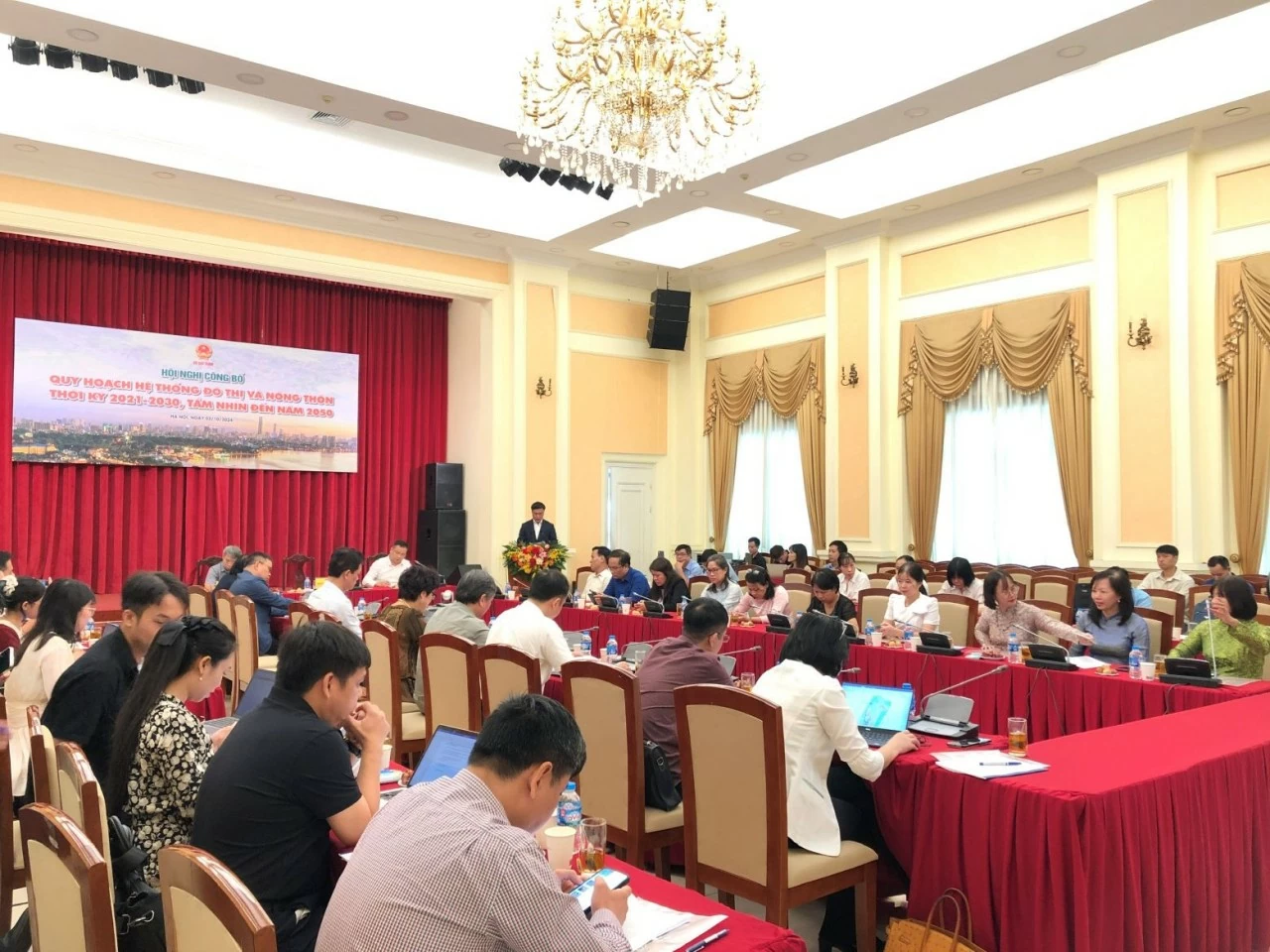 |
| The Ministry of Construction held a conference to announce the Urban and Rural System Planning for the 2021-2030 period, with a vision to 2050 this morning, October 3. (Source: UN-Habitat) |
Specifically, the planning of urban and rural systems emphasizes the view that urban development becomes the core driving force in the country's economic development, harmonious, synchronous, sustainable development and strengthening urban and rural linkages, rationally using natural resources, land, protecting the environment and promoting the potential advantages of nature - ecology - culture - society - economy of each region.
The plan also proposed to develop the urban system according to the network model, improve the technical and social infrastructure system, and orient the development of urban areas to increase the competitiveness of urban areas and the country in the context of global development. At the same time, it ensures the ability to respond to natural disasters, adapt to climate change, and enhance the resilience and recovery of the entire national urban and rural system.
As the United Nations agency for urban planning and development, UN-Habitat believes that the Urban and Rural System Planning will be a strategic tool, contributing to the implementation of the National Master Plan (Resolution 81/2023/QH15) and the implementation of Resolution 06 of the Politburo on sustainable urban development to 2030, vision 2045.
The above development perspectives in the Urban and Rural System Planning are highly similar to the Sustainable Development Goals (SDGs), especially SDG11 on Sustainable Cities and Communities, which the United Nations, member states and development partners have committed to and are strongly implementing.
At the same time, the development orientations and goals set out in the urban and rural system planning also show their consistency with the principles and roadmap set out in the New Urban Agenda (NUA) that UN-Habitat is working to coordinate in implementing.
In addition, UN-Habitat also found that in order for the urban system to develop more sustainably, Vietnam needs to pay attention to adjusting the institutions related to the urban classification system - currently the basic criteria for shaping the national urban system in the coming years - in an integrated, interdisciplinary and empirical direction, aiming to improve the quality of life of urban residents, as a basis for a more effective Urban Development Monitoring and Evaluation system in the coming time.
During the process of drafting the Urban and Rural System Planning for the period 2021-2030, with a vision to 2050, chaired by the Ministry of Construction, UN-Habitat has closely coordinated with the Urban Development Department to mobilize resources from the project "Institutional Strengthening and Capacity Building for Urban Development in Vietnam" (ISCB project) funded by the Swiss State Secretariat for Economic Affairs (SECO), to provide a number of technical assistance, including case studies, counter-argument reports and policy proposals to integrate into the content of the report, further perfecting the urban and rural system planning, thereby contributing to sustainable urban development for Vietnam in the coming period.
In the coming time, UN-Habitat will continue to accompany the Ministry of Construction, the Urban Development Department and domestic and foreign partners with specific activities to support the completion of the policy system, strengthen institutions and enhance capacity in the urban sector of Vietnam.
Source: https://baoquocte.vn/un-habitat-cam-ket-tang-cuong-the-che-va-nang-cao-nang-luc-trong-linh-vuc-do-thi-cua-viet-nam-288584.html





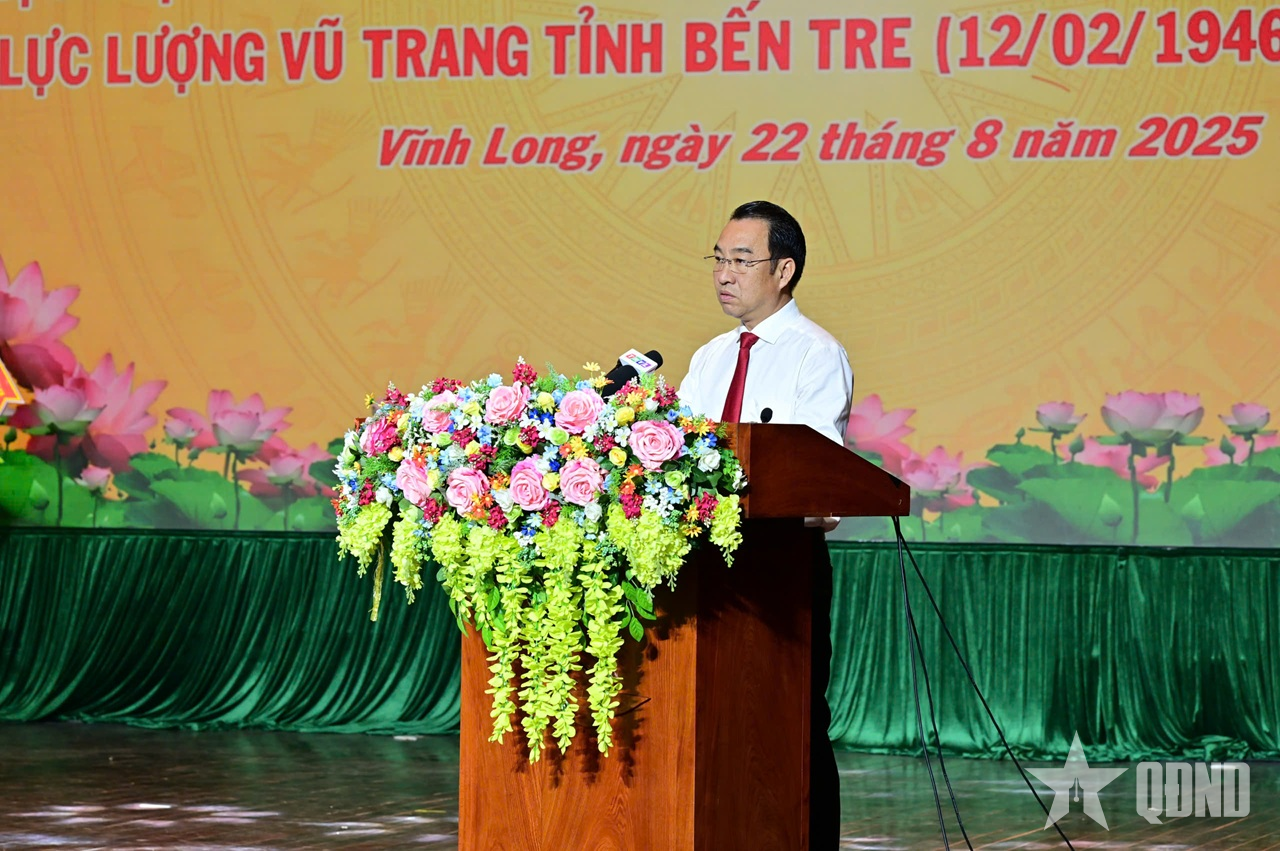
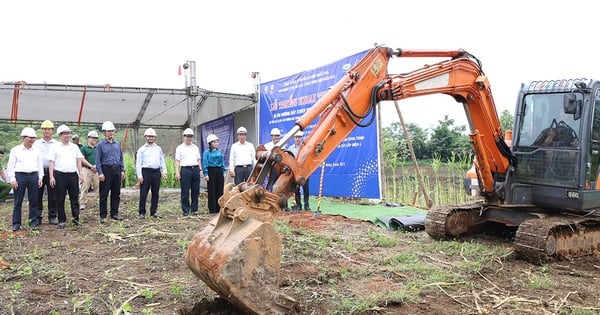



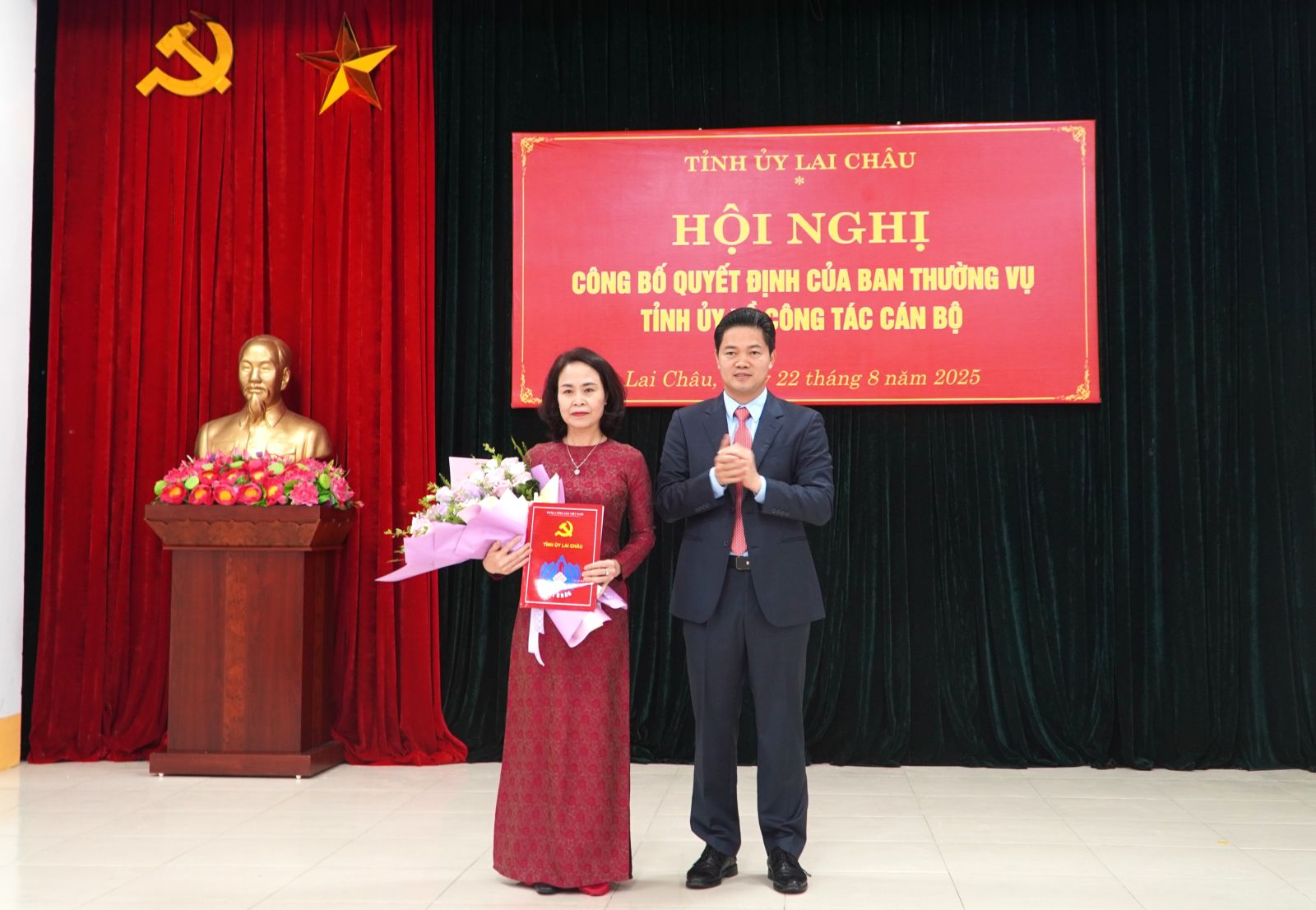













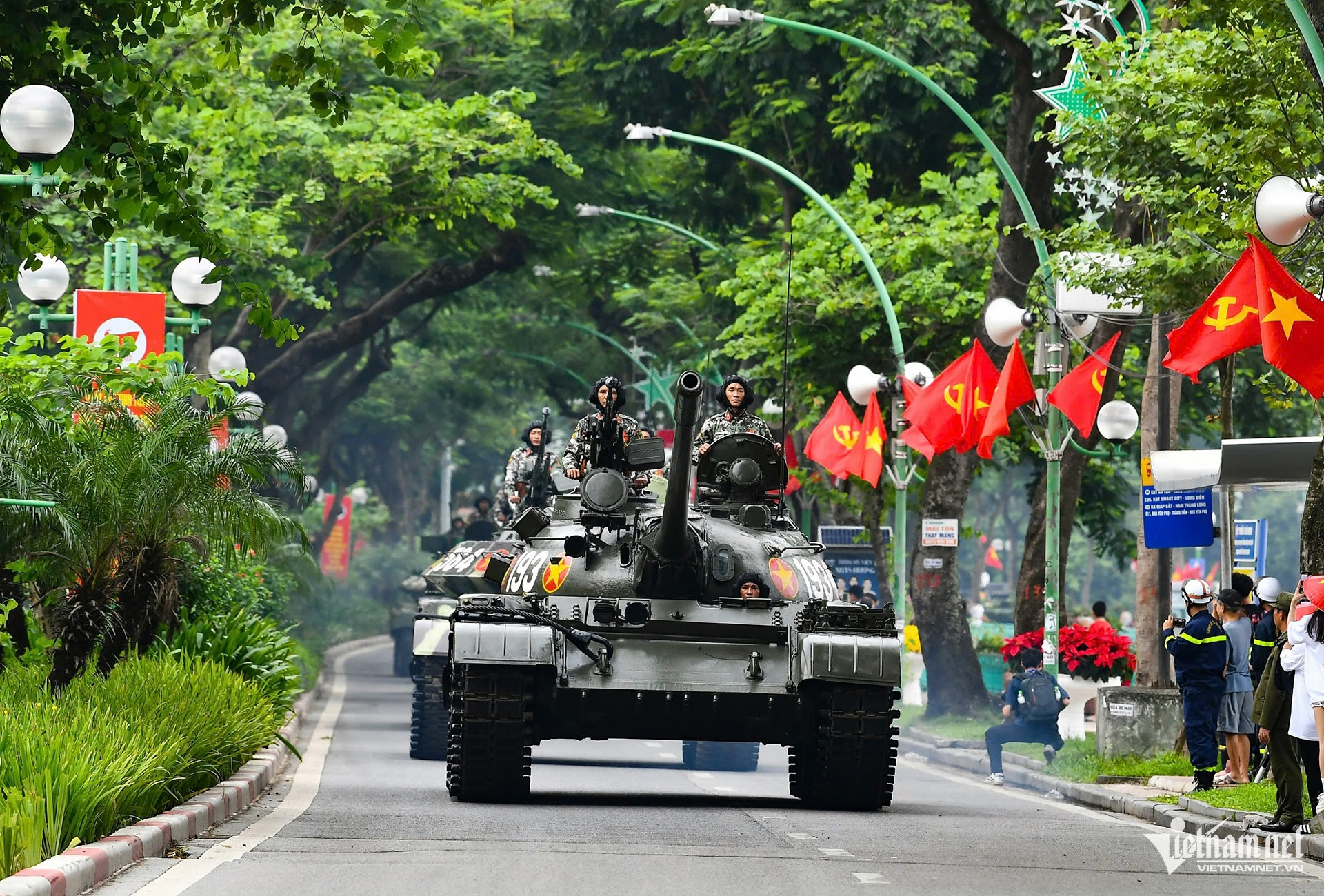



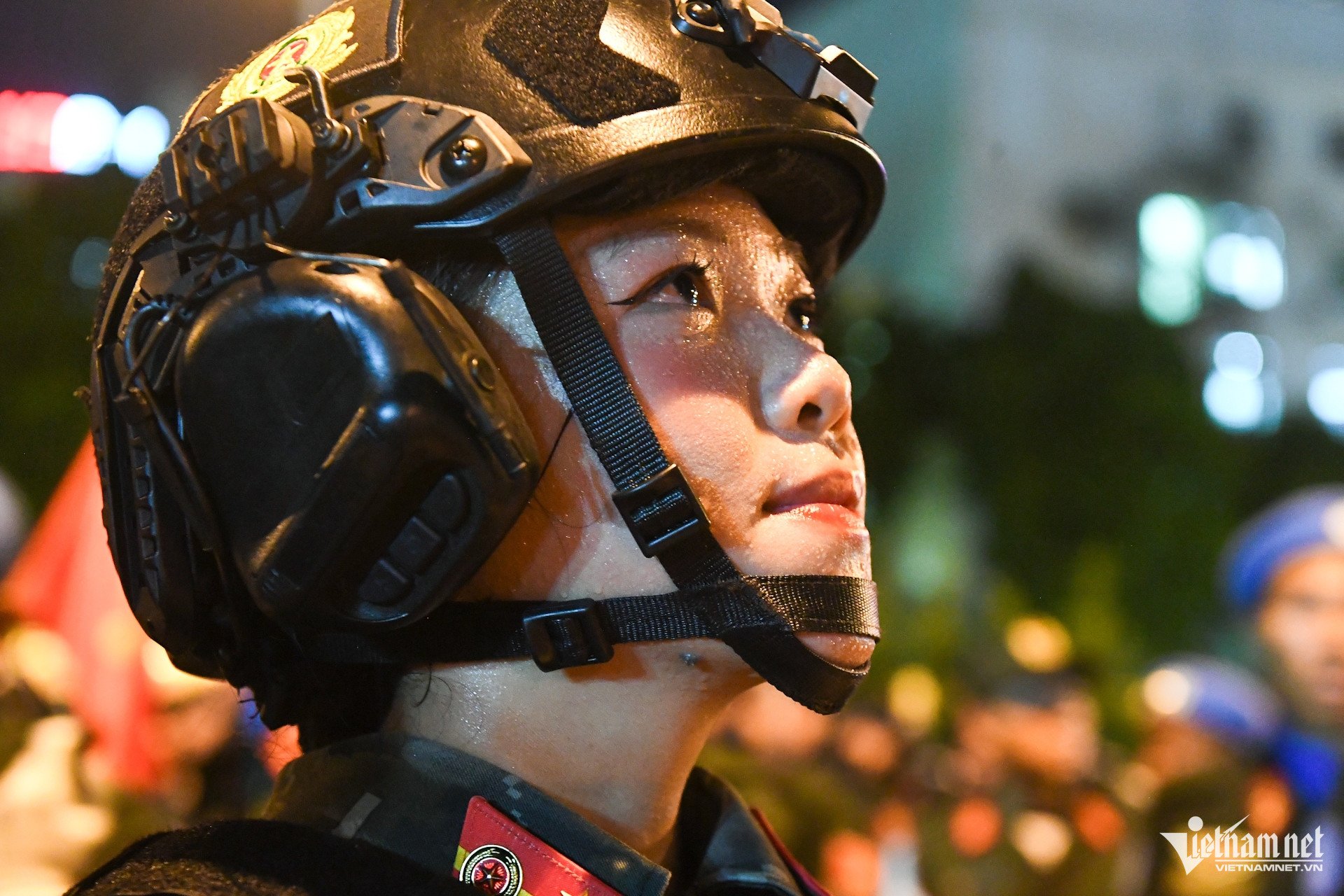

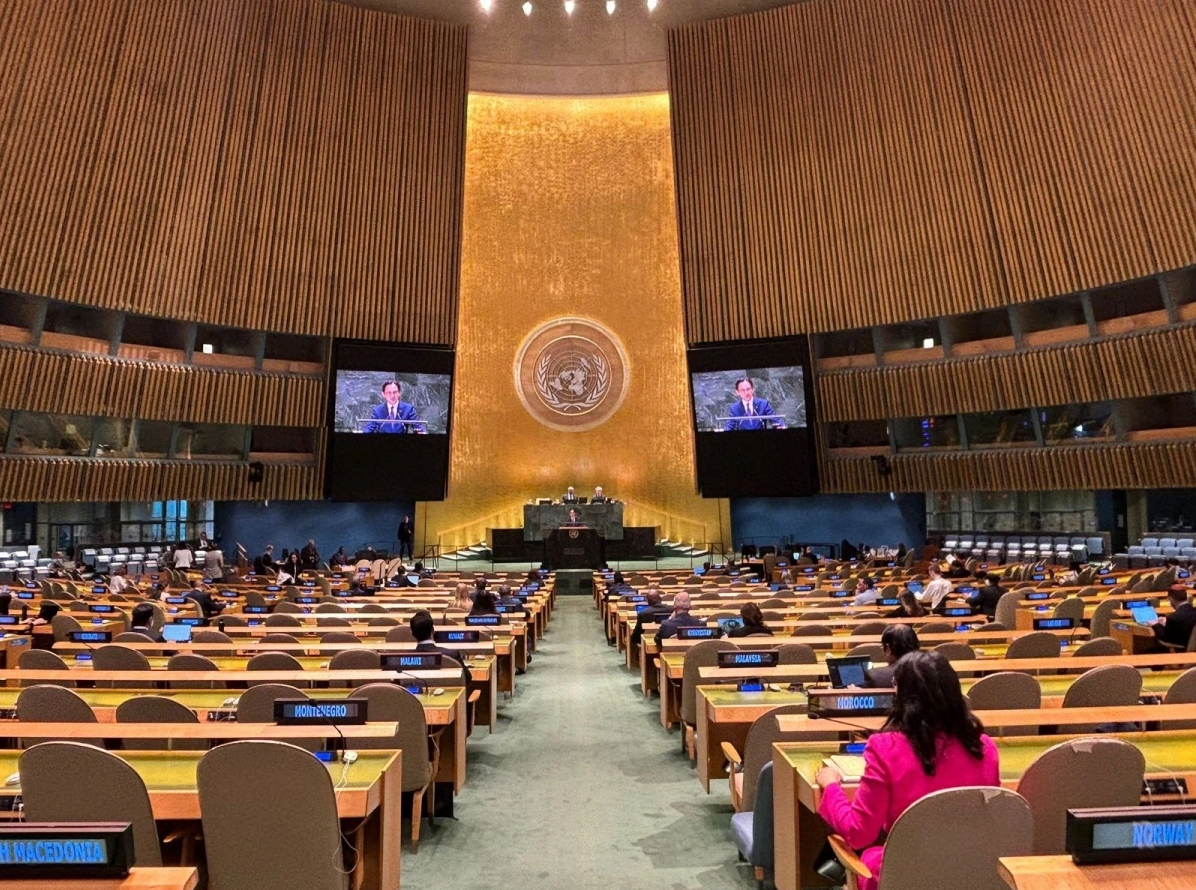

































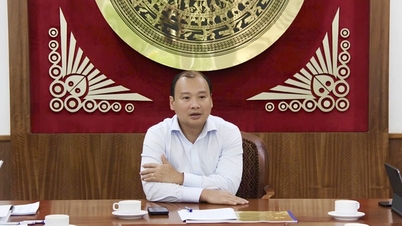



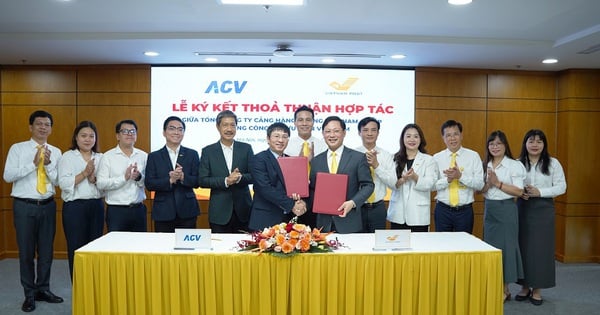





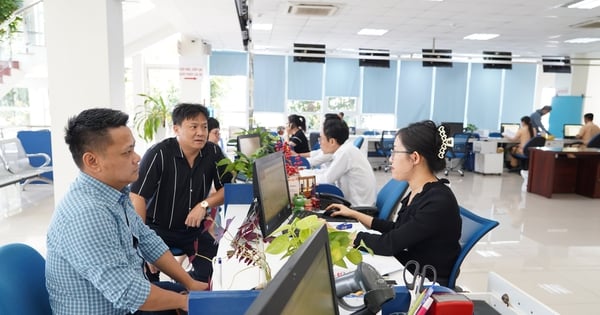














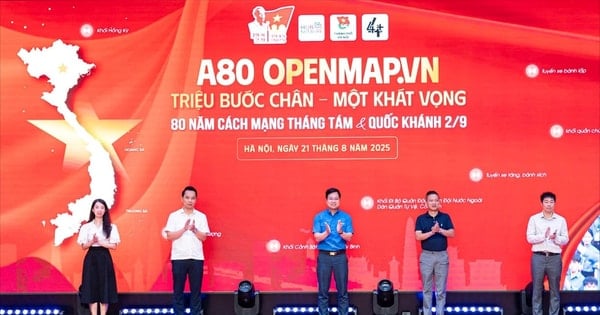

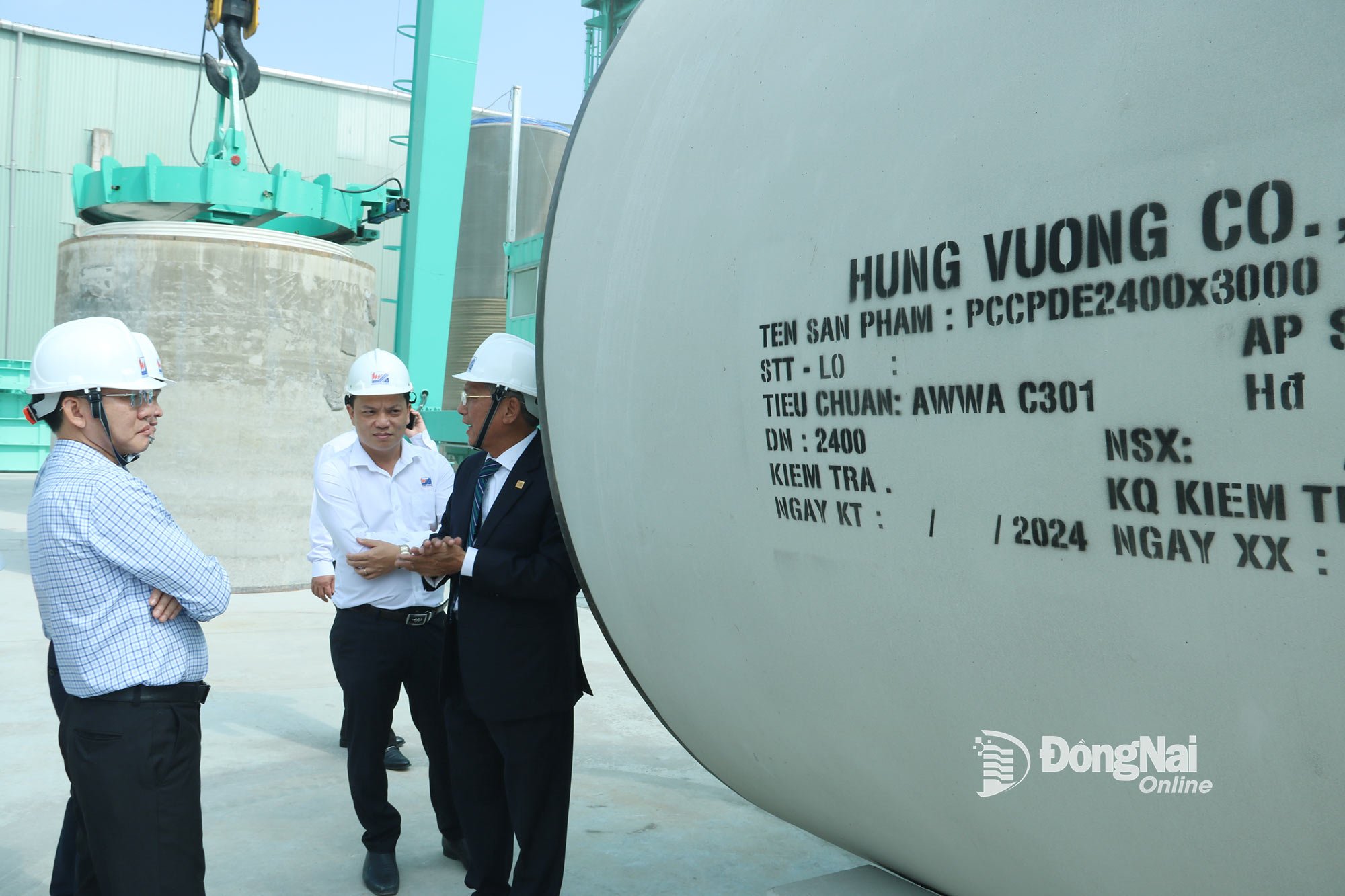






Comment (0)